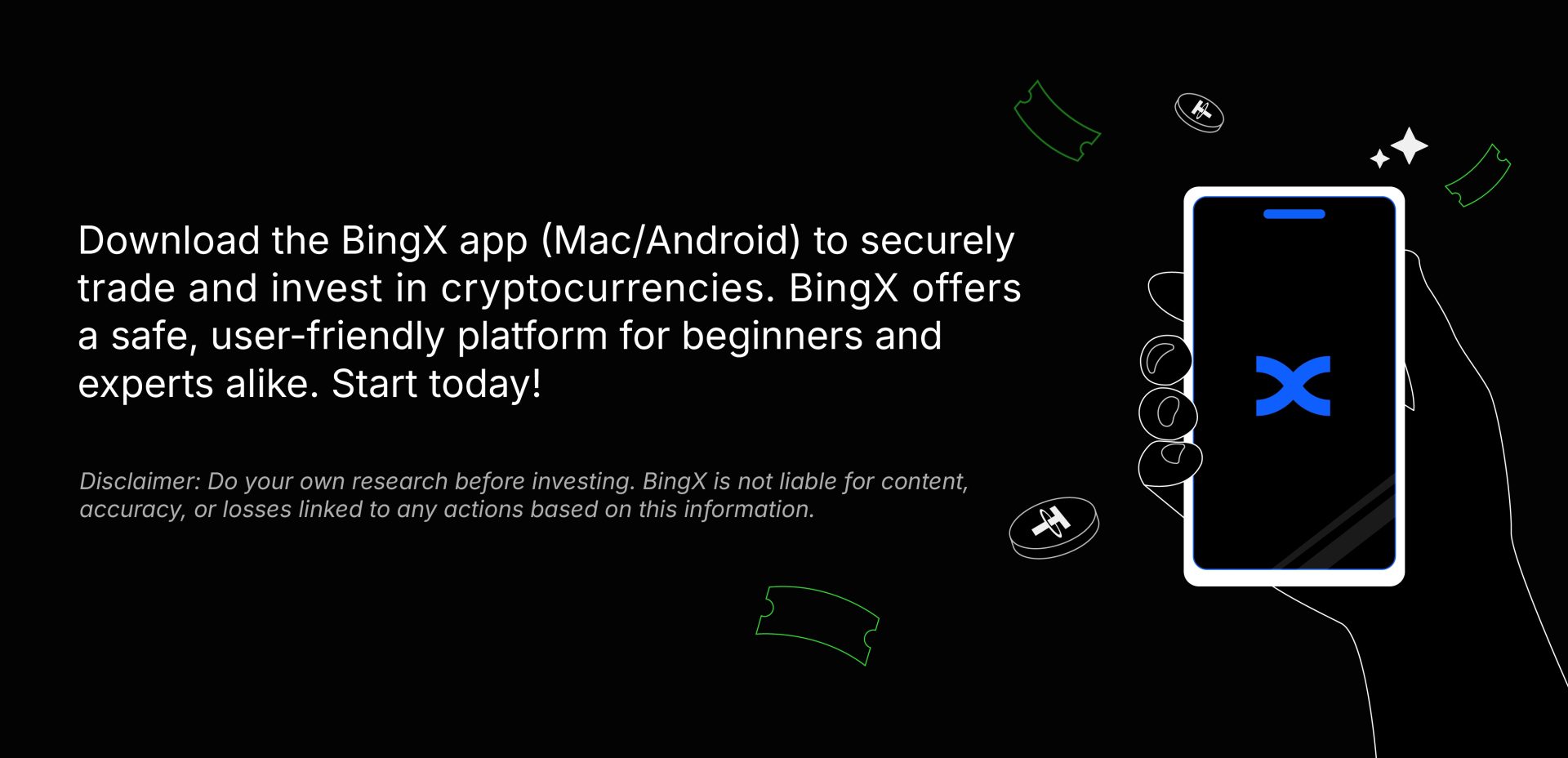The Middle East’s cryptocurrency landscape is advancing swiftly, with Ripple’s regulatory milestone in the UAE marking a pivotal moment. On March 13, 2025, Ripple became the first blockchain-enabled payments provider to secure a Dubai Financial Services Authority (DFSA) license, authorizing operations within the Dubai International Financial Centre (DIFC). This breakthrough enables regulated cross-border crypto payments in the UAE, a $40 billion international trade market, highlighting the region’s expanding influence in digital finance.
Payment Trends in Dubai
The UAE, a rapidly expanding crypto market globally, has bolstered institutional backing for digital asset services, attracting blockchain developers and entrepreneurs. The Dubai International Financial Centre (DIFC), the subregion’s largest free trade zone, has embraced Web3 companies by welcoming multiple service providers and offering a 90% licensing subsidy for blockchain firms aiming to establish a presence in Dubai. This aligns with DIFC’s goal to lead the region in Web3 innovation. Recent studies reveal a 166% year-over-year surge in daily cryptocurrency trading across Middle Eastern countries, with 30% of UAE consumers viewing digital assets as a practical option for holding value. Ripple’s DFSA license allows businesses in the UAE to leverage its blockchain-based payment solutions, addressing inefficiencies like high fees and slow settlement times in traditional cross-border transactions. The approval follows an in-principle authorization from October 2024 and builds on Ripple’s presence in Dubai, where it established its Middle East headquarters in 2020. Per Ripple’s 2024 research study, over 1,000 tech firms, venture capitalists, regulators, and educational entities in Dubai are collaborating to advance blockchain, with 97% of regional leaders predicting a massive or significant impact on business within three years, and 98% foreseeing the same for finance—rates exceeding other global cohorts.
This milestone aligns with the UAE’s ambition to become a global crypto hub. The DIFC, a free economic zone, fosters innovation with its progressive regulatory framework, and Ripple’s entry as the first DFSA-licensed blockchain payments provider strengthens that vision. CEO Brad Garlinghouse noted the UAE’s “supportive environment for tech and crypto innovation,” positioning it as a leader in the space.
Why It Matters for Crypto Users
For those tracking the crypto market, Ripple’s UAE approval highlights a shift toward regulated adoption. The XRP token, tied to Ripple’s ecosystem, saw a 4.1% rise to $2.29 within 24 hours of the announcement, though it’s not directly tied to Bitcoin’s volatility. Meanwhile, Ripple’s RLUSD stablecoin, launched in December 2024 with a market cap exceeding $130 million, could enhance payment efficiency in the UAE, where traditional systems often lag.
The Gulf’s high liquidity, driven by oil wealth, its young and tech-savvy population, and a crypto-friendly business boom makes it a key player to watch. From Dubai’s blockchain hubs to potential Saudi innovations, the region is integrating crypto into its economic fabric, with Ripple now at the forefront of payments.
